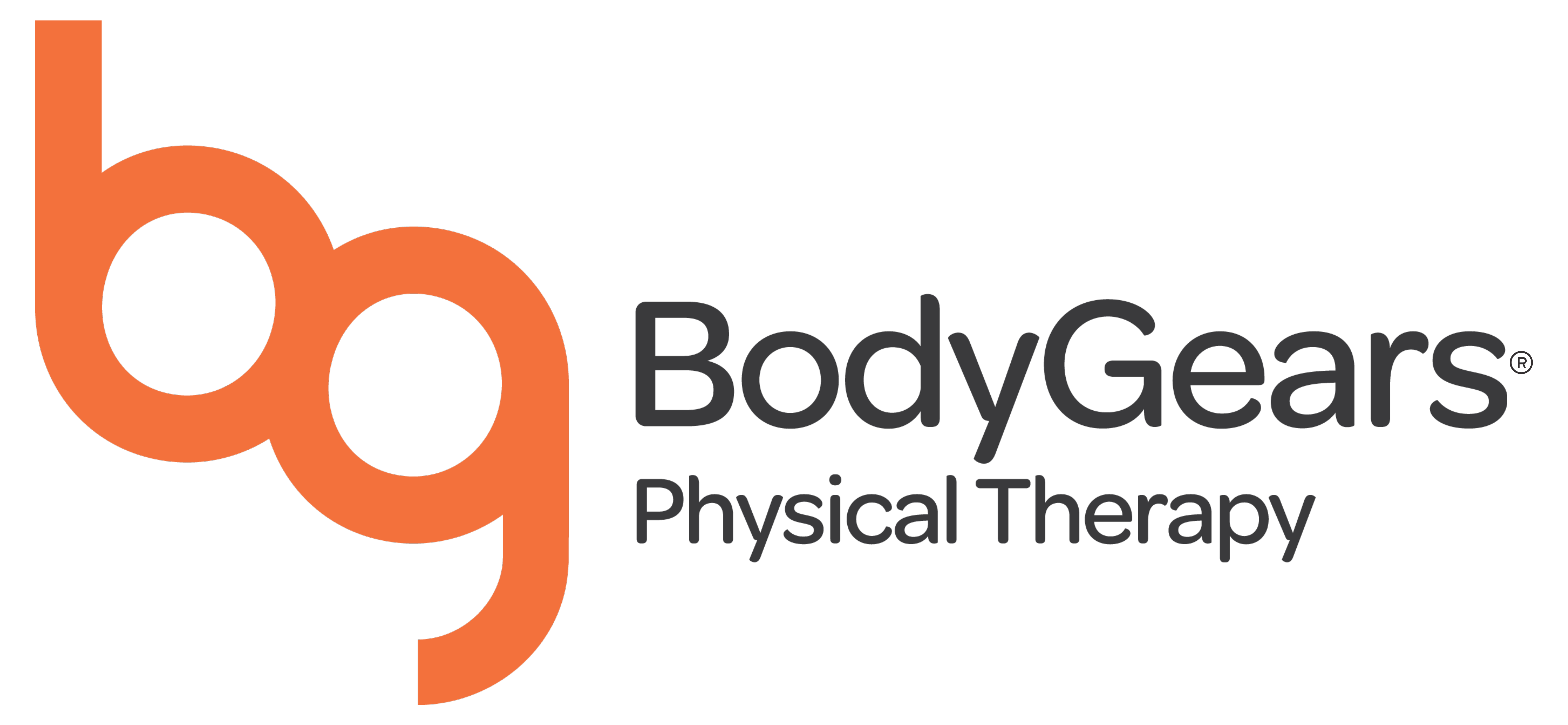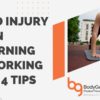Meeting deadlines, maintaining a social life, eating healthy, exercising, and balancing family duties is enough stress without also having to deal with pain. What is stress though? It’s nothing more than the body’s reaction to a stimulus that upsets your physical and/or mental equilibrium. Stress is an inevitable part of life that nothing on earth is immune to (even the Statue of Liberty turned green from stress). Our bodies are actually pretty good at handling stress – our muscles get bigger if we overload them, we sweat if we get too hot, and our memories get better if we test them. We can actually separate stress into two categories: distress and eustress. Eustress is the good stress that helps you to perform under pressure, keeps you motivated, and keeps you safe when danger is afoot. Distress is harmful or unpleasant stress. While some stressors are universally harmful, the unpleasantness of a stressor is more subjective. Eustress can become distressed when there’s too much of a stressor all at once, not giving the body time to adapt. Damage to your body can occur locally where the stress is occurring as well as elsewhere in your body through the rush of fight or flight hormones like adrenaline and cortisol.
ABOUT YOUR NECK PAIN AND HEADACHES
The muscles in your neck and scalp can be triggered to contract simultaneously. These muscle contractions occur when we are faced with stress, anxiety, or depression. When these muscles contract they often cause dull, nagging headaches that can turn into full-blown migraine headaches. Robert Gotlin, DO, director of Orthopaedics and Sports Rehabilitation at the Beth Israel Medical Center in New York City says this about neck pain,
“As stress goes up I definitely see more patients with neck pain. Every year around tax time, the number of patients with neck pain increases, especially among Wall Street types here in New York.”
Another cause of neck pain may be structural and results from a neck joint issue. These joint issues can also result in headaches known as neck headaches or more properly as a cervicogenic headaches. Research shows that fixing the neck can end both neck pain and a headache. The joints usually associated with neck headaches are:
- Atlanto-occipital joint (cranium and first cervical vertebra)
- Atlanto-axial joint (first and second cervical vertebrae)
- C2-C3 joint (second and third cervical vertebrae)
*The second cervical vertebra is referred to as both the axis and C2 When your neck joints are too tight, a headache can result in just a few minutes. Additionally, if the joints lower down in your thoracic spine are too tight, your neck joints will have to bear all the stress your thoracic joints used to share, also leading to neck pain.
HOW MANY TYPES OF HEADACHES ARE THERE?
Headaches come in many sizes and intensities, however, there are six distinct types of headaches:
- Tension
- Sinus
- Migraine
- Cluster
- TMJ
- Cervicogenic
Tension headaches are the most common with 70-80% of people experiencing at least one tension headache during their lifetime. The sensation of a tension headache can be described as a rubber band squeezing your head. The exact cause of tension-type headaches is debated; however, the cause may lie in increased psychological stress as well as increased muscular activation of the muscles of the face and scalp. This headache can last from a few hours to several days. Some of the activities that can lead to a tension headache are:
- Staring at a computer screen
- Working with a microscope
- Doing fine work with one’s hands
OTHER CAUSES OF TENSION HEADACHES INCLUDE:
- Physical or emotional distress
- Caffeine (too much or withdrawal)
- Sinus infections from illness
- Alcohol consumption
- Eye strain
- Fatigue
- Tobacco use
Though tension headaches are often described as just a ‘nagging annoyance,’ any warning signs from your body should be acknowledged and addressed because of 1. It’s not normal to live with any amount of pain and 2. You don’t want it to get worse.
HOW DO I DEAL WITH A TENSION HEADACHE?
Since tension headaches are the most common of all headaches, here are three tips on how to deal with tension headaches.
Introspection – Tension headaches are called this for a reason; relaxation and stress relief can help alleviate your headache. It’s not always easy to relax on command though. That’s where introspection/meditation/reflection can help bring you back to the present moment to assess what your body is trying to ask you for. It could be as simple as realizing you’re thirsty and taking a 2-minute break to get a glass of water. It could be recognizing that emotional distress is taking over and a 2-minute walk outside would be a more productive reset than continuing to panic and think in circles.
Fix Your Workplace Ergonomics – A headset for your telephone, proper monitor positioning for your computer, and a document holder to keep your papers easily visible are easy fixes to achieve pain relief. In addition, make sure your eyeglasses and contacts prescriptions are current.
Move – Stretching and exercising (even if it’s a short walk) is a great way to release tense muscles in the neck. Try stretching with an exercise program designed by a physical therapist that is specific to your needs. Our bodies were built to move not stay static, so get moving!
Headaches can be so inconvenient and painful. If you want to find out what type of headache you have and what treatments are available, talk with your physical therapist today to see if your headaches are stemming from neck pain or stress or both. We never want anyone to be afraid to move, so if you’re worried about making your neck pain or headache worse, schedule a free screen and put your mind at ease today.
As always, consult with your Licensed Physical Therapist for individualized advice. For those in Illinois and California, visit your PT immediately without a prescription or referral.
Give us a call at (877) 709-1090 for more information or fill out the contact us form and we will contact you.
Don’t forget to check out our Instagram, Facebook, and Podcasts for more great information and resources.
Copyright © 2018 by Body Gears Physical Therapy All rights reserved.
This blog or any portion thereof may not be reproduced or used in any manner whatsoever without the express written permission of the publisher except for the use of brief quotations in a review.






